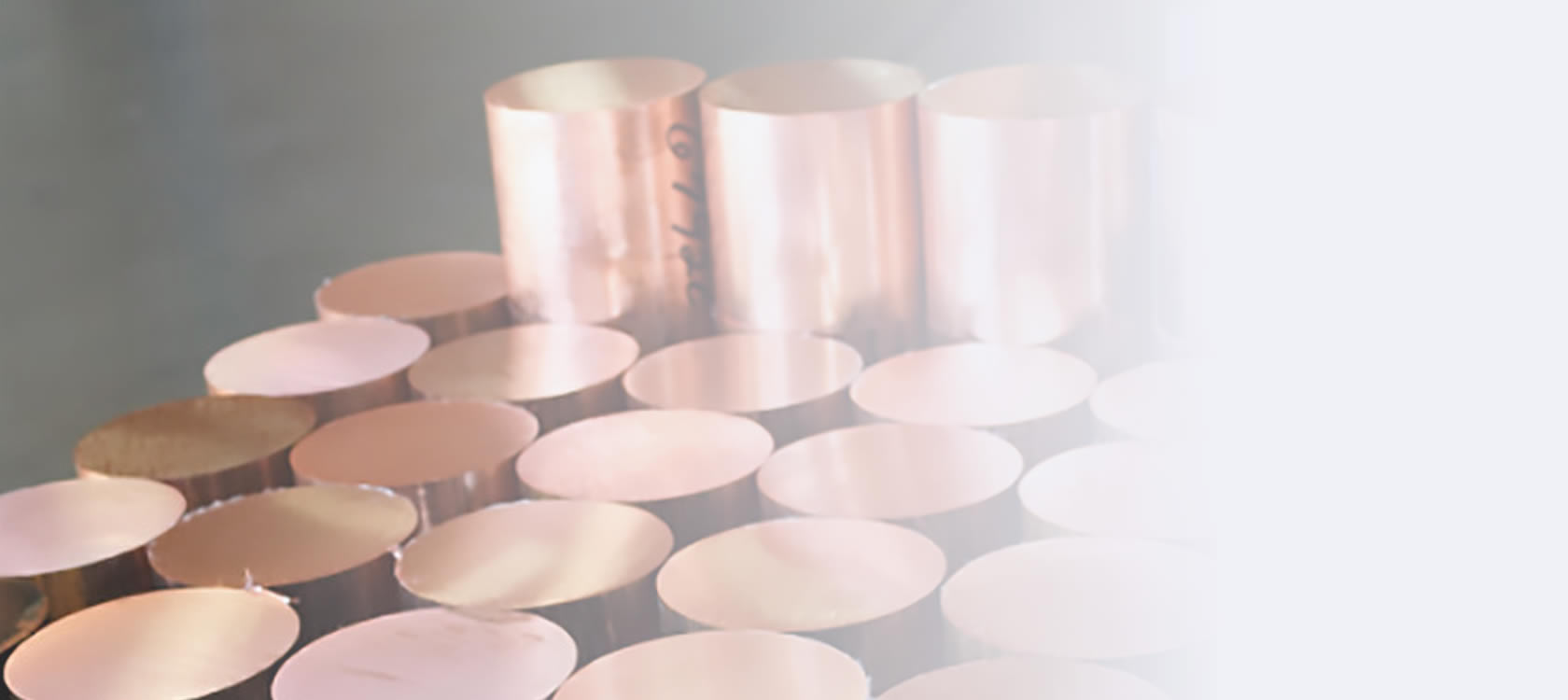There are several uses for copper wires:
Electrical wiring: In order to create power, copper wire is most frequently utilised in residential and commercial structures. The production of electrical wire consumes around half of the copper that is mined.
Industrial machinery: Copper wires are utilised in a variety of industrial settings, including robotics, mining, building railway infrastructure, building homes and businesses, industrial heating, and watercraft applications.
Power generation: Electrical cables in power generation systems include copper wires.
Telecommunications: Copper cables are still used for High Digital Subscriber Lines (HDSL) and Asymmetrical Digital Subscriber Lines even though fibre optic is supplanting them in the telecommunications sector (ADSL).
Automobile industry: Applications for copper wire in the automotive sector include busbars for EV battery interconnects, airbags, battery cables and charging stations, shielding materials, and aftermarket electrical components.
Aerospace: Copper wire is frequently utilised in aircraft applications such airframe wiring, in-flight entertainment, cabin management systems, and more because of its value as a thermal and electrical conductor.
Benefits Of Copper Wire
Electrical and thermal conductivity: Copper stands out from other metals due to its great electrical and thermal conductivity. Because of this, copper wiring is the preferred choice for many electrical applications, including transformers and switchgear.
Ductility and malleability: Copper wires may be easily bent and stretched without breaking or changing their electrical characteristics thanks to their great ductility and malleability.
Good tensile strength: The high tensile strength of copper wiring shields it against breaking, stretching, and other physical harm.
Creep resistance: The deformation of metal conductors known as creep happens when they expand and contract as a result of cyclic stresses. Compared to other metals like aluminium, copper has a higher creep resistance.
Corrosion resistance: Copper wires often have good capabilities for resisting corrosion and maintain good performance when exposed to conditions such as dampness, humidity, industrial pollutants, and other elements.
The most adaptable wire material, copper wiring has uses in many different sectors. It has amazing alloy compatibility, great malleability and ductility, tensile strength, creep resistance, and electrical and thermal conductivity. It is also malleable and ductile. We provide several different copper rods and wire items at KANAK CCR. To find out more or to get a quote, get in touch with us immediately.






